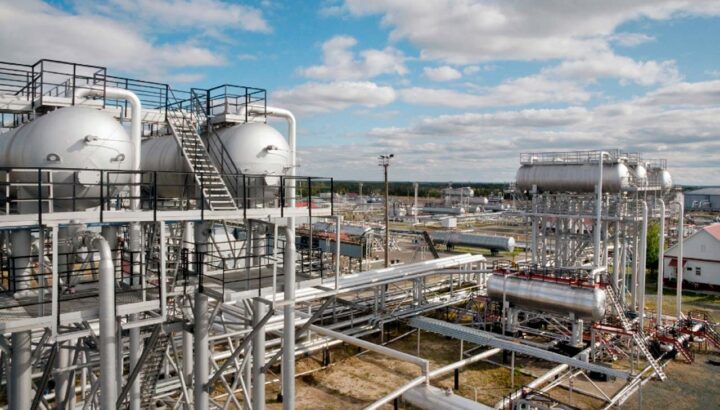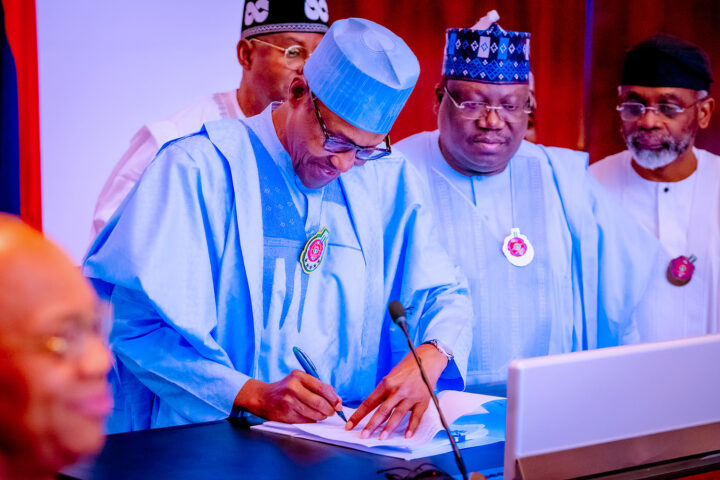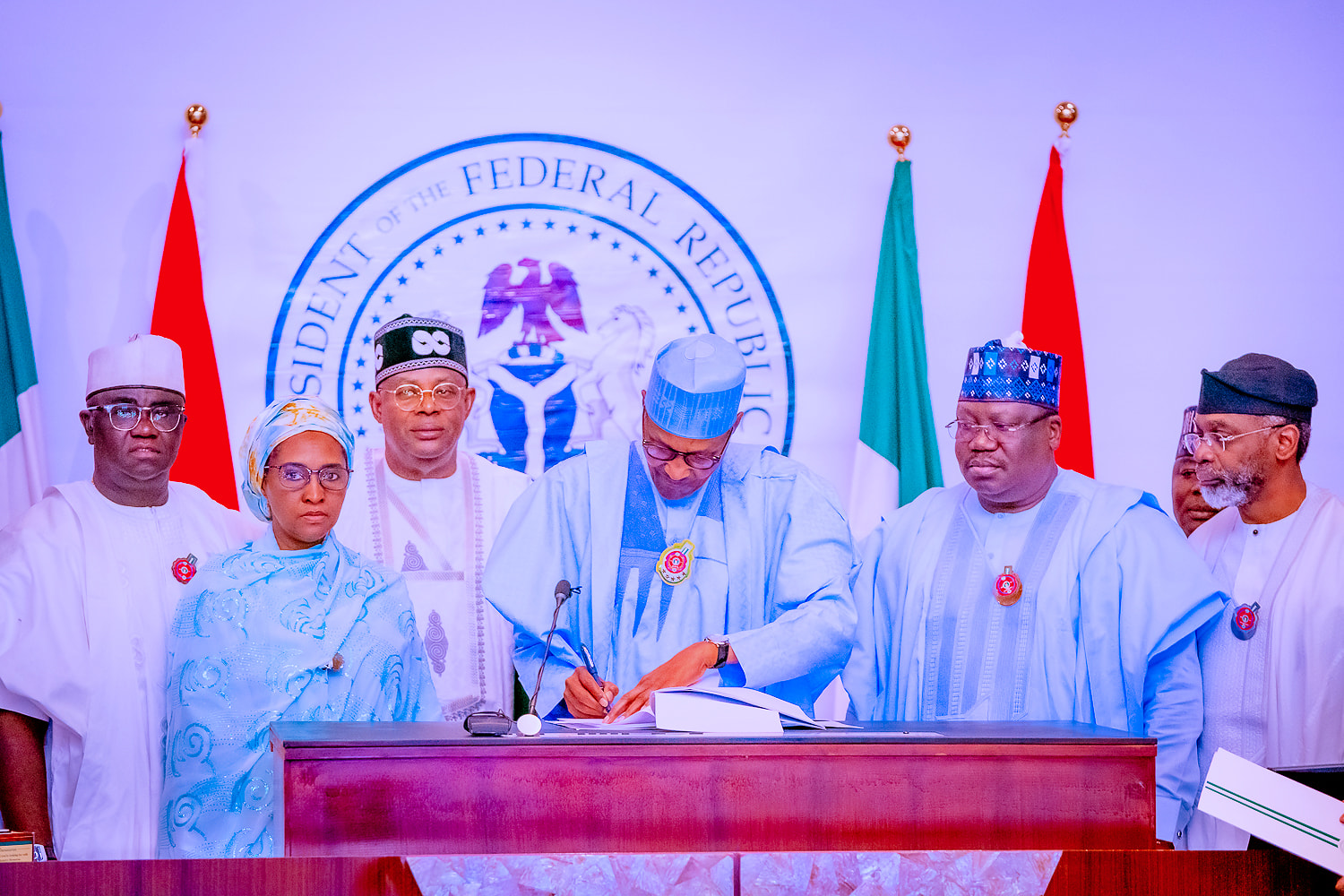The association of local distributors of gas (ALDG) in Nigeria says government’s regulation of tariffs in the sector has continued to hinder new investment in the industry.
Joseph Ezigbo, chairman, board of ALDG and managing director of Falcon Corporation Limited, said this in the latest edition of the association’s publication.
Ezigbo also noted that since the federal government failed to fund the much-discussed “decade of gas”, the private sector must be encouraged to take the lead.
He said the Nigerian gas industry is plagued with many challenges, including legacy issues and unfolding ones, due to the current state of the industry and the impact of global events.
Advertisement
“Infrastructure is and has remained a key challenge. Nigeria has a gross inadequacy of gas infrastructure, and we are not seeing new investments coming into the space. There are, of course, many reasons behind this,” Ezigbo said.
“A key issue is tariff regulation. Regulated gas price limits investors’ confidence in the commercial viability of projects. The government still regulates the domestic price of natural gas, an act that many industry players say promotes inefficiency as pegged prices are not reflective of actual costs.
“The tariffs must be cost reflective and accommodate acceptable investor returns, and in this regard, the market must be allowed to determine the acceptable and competitive tariff levels that encapsulate value chain cost from production, processing, transportation, and distribution.”
Advertisement
Ezigbo also said the cost and tenure of gas infrastructure funding, if any, are also a major constraint, with local financing institutions struggling to provide the quantum and tenure of funding required.
The ALDG president said Nigeria’s financial landscape needs to evolve towards a country that has access to long-term and single-digit local currency credit, as its gas infrastructure is extremely capital intensive.
PRIVATE SECTOR INVOLVEMENT IN THE DECADE OF GAS INITIATIVE
Under the Petroleum Industry Act (PIA), he said the implementation of the midstream and downstream gas infrastructure fund (MDGIF) and other gas infrastructure development incentives are key to unlocking investments in the domestic natural gas market.
Advertisement
Ezigbo said the right way forward is to bring the private sector into the ownership of the ‘decades of gas’ programme pursued by the federal government.
“One clear thing is that the government does not have the resources, nor is its structure aligned enough to ensure continuity and timely delivery of the objectives of the programme,” he said.
“The government needs to allow for the gravitating toward a completely private sector-driven industry where its role remains at the level of oversight of the PIA provisions and its attendant regulations.
“Where the country is today and the many socio-economic headwinds we are grappling with, we need the private sector efficiency and capacity to come to play and enable the industry to move forward at a much faster pace.”
Advertisement
According to Ezigbo, the liquidity crunch in the gas-to-power value chain remains a huge concern, with the mounting debts as gas suppliers continue to suffer from payment defaults and liquidity constraints that erode investors’ confidence.
This is a major problem for the gas sector given that power offtakes the bulk of gas delivered into the domestic market, he said.
Advertisement
“There are many attendant challenges stemming from the general micro and macro environment, amongst which are inflation, insecurity, human capacity constraints, and so on, which also have implications for gas development in Nigeria,” Ezigbo explained.
“These notwithstanding, several opportunities exist for potential players to fully harness as enabled by the PIA.”
Advertisement
He added that opportunities exist for potential investors to play in domestic liquefied natural gas (DLNG), compressed natural gas (CNG), auto gas/natural gas vehicle (NGV), liquefied petroleum gas (LPG), wholesale gas trading and natural gas distribution.
Advertisement






